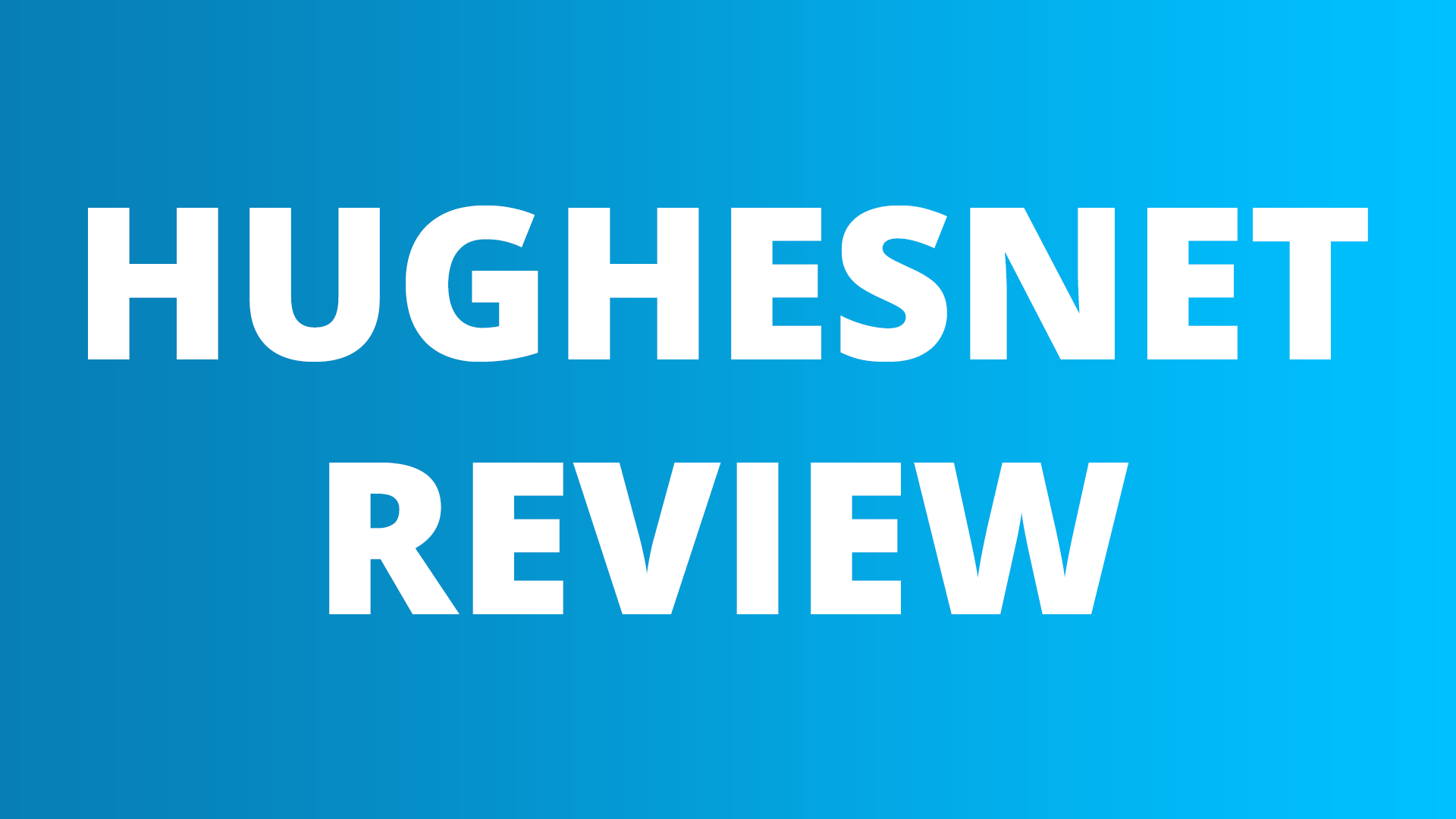Important link: Visit HughesNet
In an era where digital connectivity is paramount, finding a reliable and high-speed internet service is crucial. HughesNet, a major player in the satellite internet industry, promises to provide internet access to users in rural and remote areas where traditional broadband options may be limited. In this comprehensive review, we’ll explore the strengths and weaknesses of HughesNet, assessing its performance, customer service, pricing, and overall value.
Performance and Speed:
One of the primary considerations for any internet service is its performance, and HughesNet aims to deliver a stable and consistent experience via satellite technology. However, satellite internet, by nature, comes with inherent limitations. While urban areas may enjoy robust broadband connections, rural users often rely on satellite services due to the lack of alternatives.
HughesNet’s performance can be affected by factors such as weather conditions and satellite signal latency. During clear skies, users report decent speeds suitable for browsing, email, and streaming. However, adverse weather conditions like heavy rain or snow can lead to signal degradation and slower speeds. This limitation is a trade-off that users in remote areas often have to accept.
Customer Service and Support:
A critical aspect of any internet service provider is the quality of its customer service. HughesNet provides customer support through various channels, including phone, email, and online chat. However, customer opinions about the effectiveness and responsiveness of HughesNet’s support are mixed.
Some users praise the company for its prompt and helpful customer service, while others report frustrations with long wait times and perceived lack of resolution for technical issues. It’s essential to note that customer service experiences can vary, and factors such as location and individual circumstances may influence the level of satisfaction.
Pricing and Plans:
HughesNet offers a range of plans to cater to different user needs. Plans are typically based on data usage, with higher-priced packages providing more data at faster speeds. While the pricing may seem competitive, potential customers should be aware of the Fair Access Policy (FAP), which may result in reduced speeds during periods of high data usage.
One common concern raised by users is the limited data caps on HughesNet plans. Exceeding the allocated data can lead to reduced speeds, impacting activities like streaming and online gaming. Users must carefully assess their internet usage patterns and choose a plan that aligns with their needs to avoid unexpected slowdowns.
Installation and Equipment:
HughesNet installation involves mounting a satellite dish at the user’s location, requiring a clear view of the southern sky. The installation process is typically handled by a professional technician, ensuring the proper alignment of the dish for optimal signal reception. While the installation is straightforward, some users report challenges in scheduling appointments, leading to delays in service activation.
HughesNet provides users with a satellite modem and a Wi-Fi router as part of the equipment package. While the equipment is generally reliable, users should be aware of the leasing fees associated with it. The lease fees can contribute to the overall cost of the service and may add to the total monthly expenses.
Advantages:
- Availability in Remote Areas: HughesNet is a viable option for users in rural and remote areas where traditional broadband options are limited or unavailable.
- Consistent Performance in Clear Weather: During clear weather conditions, HughesNet offers decent speeds for everyday internet activities, including browsing and streaming.
- Multiple Plans to Suit Different Needs: HughesNet provides a variety of plans, allowing users to choose a package based on their data usage requirements and budget.
- Professional Installation: The professional installation ensures proper alignment of the satellite dish, optimizing signal reception for reliable connectivity.
Disadvantages:
- Weather-Dependent Performance: Adverse weather conditions, such as heavy rain or snow, can impact the satellite signal, leading to reduced speeds and potential service interruptions.
- Data Caps and Fair Access Policy: HughesNet imposes data caps on its plans, and exceeding these limits can result in reduced speeds. The Fair Access Policy may also affect users during periods of high data usage.
- Customer Service Variances: Customer experiences with HughesNet’s support can vary, with some users reporting positive interactions and others expressing dissatisfaction with response times and issue resolution.
- Equipment Lease Fees: While HughesNet provides necessary equipment, users should be aware of the associated lease fees, which contribute to the overall cost of the service.
Conclusion:
HughesNet occupies a unique position in the internet service market, aiming to bridge the connectivity gap for users in remote and underserved areas. While the service has its merits, potential subscribers must carefully weigh the advantages and disadvantages before committing to a plan. The choice often boils down to individual needs, location, and the acceptance of the inherent limitations of satellite internet technology.
For those in rural areas where alternative options are scarce, HughesNet may be a lifeline to the digital world. However, users in more urban and well-connected regions may find better alternatives with traditional broadband providers. In the ever-evolving landscape of internet services, the key is to make an informed decision that aligns with your specific requirements and expectations.
